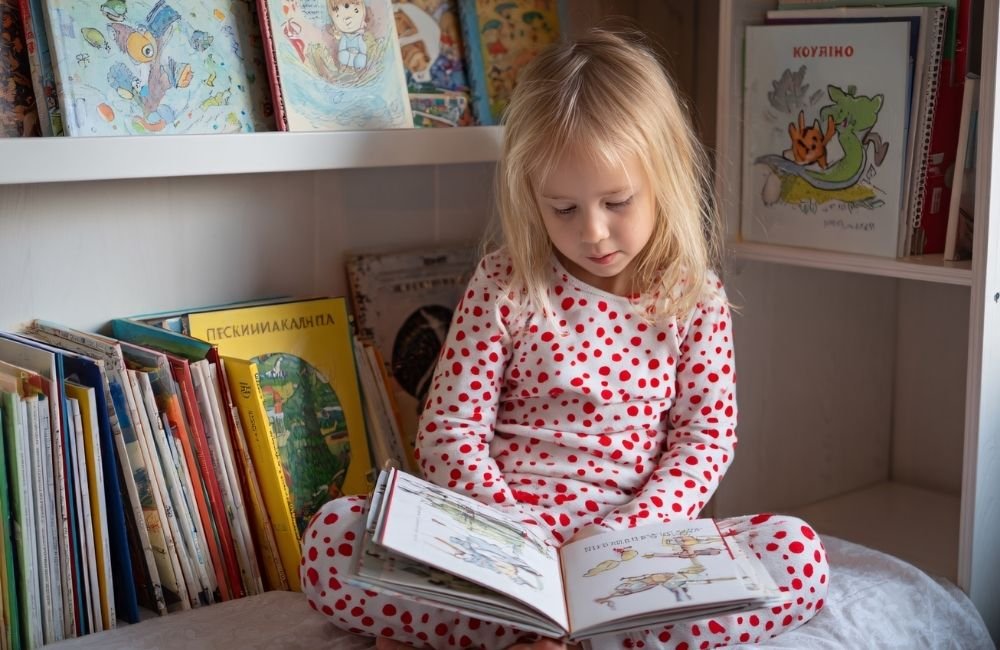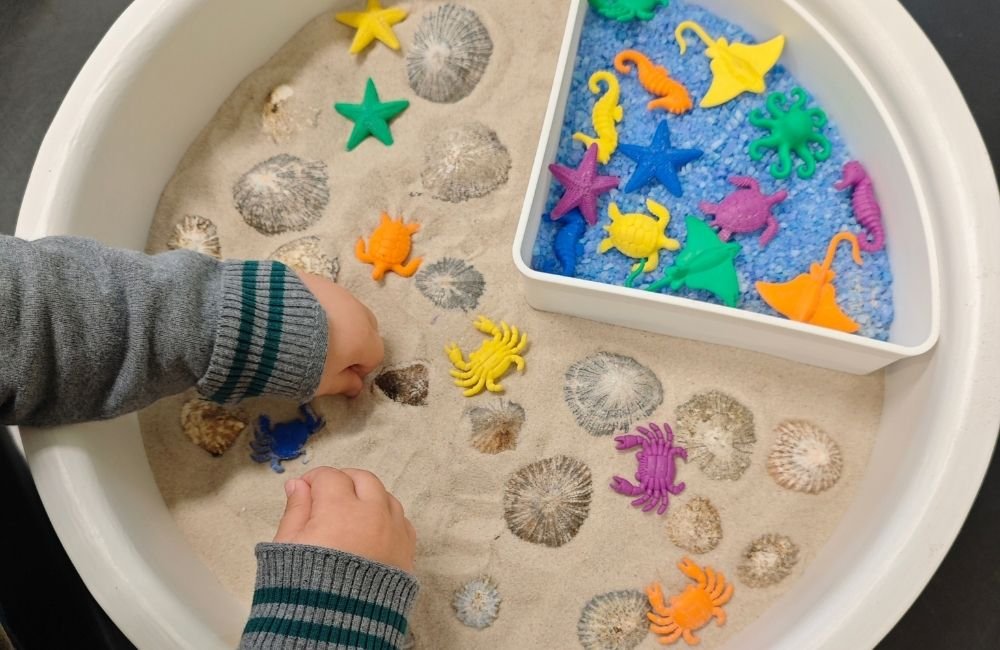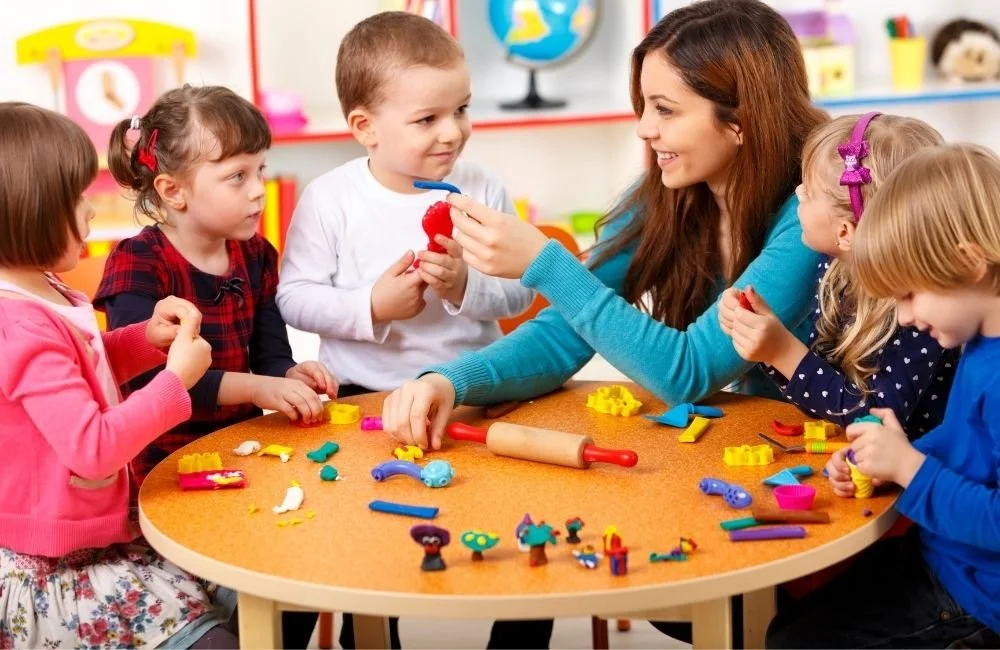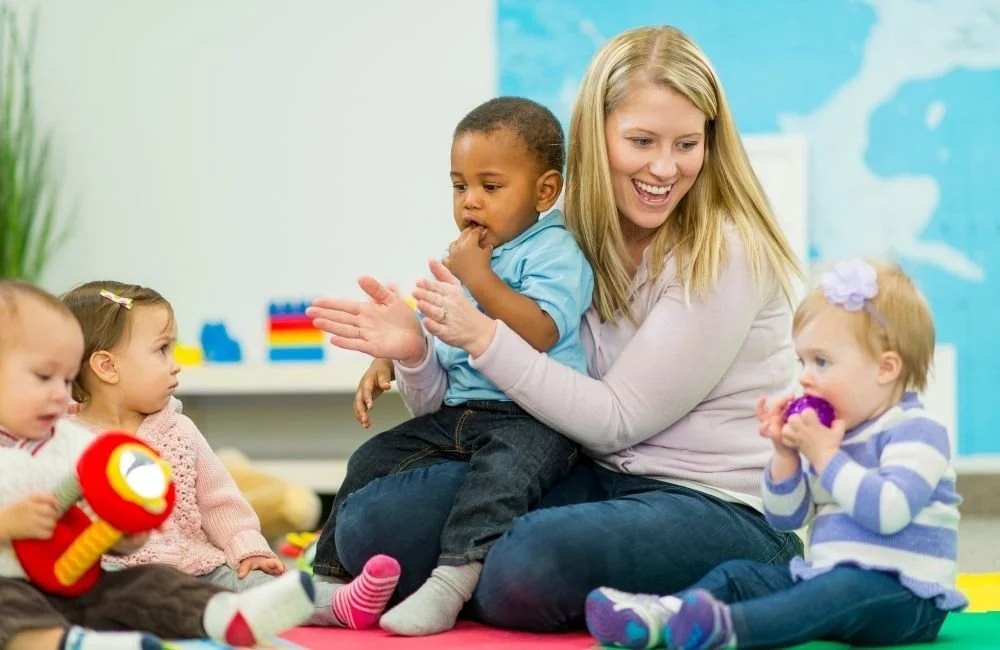How to Manage Separation Anxiety During Early Years
Worried about nursery drop-offs? Explore practical tips for managing separation anxiety in the early years, plus how My Ohana’s settling-in sessions support children and parents.
The Importance of Healthy Eating in Early Years
Explore the importance of healthy eating in early years, how it supports brain development and growth, and how nurseries promote balanced diets.
8 Family Things to Do in Maidenhead: A Parent’s Local Guide
Discover the best family-friendly things to do in Maidenhead, from parks and soft play to cafés and local attractions. A helpful guide for parents with young children.
Top 16 Literacy Activities for Early Years & Free Activity Pack
Explore 16 fun literacy activities for early years and download our free activity pack. Play-based ideas to support preschoolers at home or nursery.
Family-Friendly Restaurants in Gerrards Cross
Looking for family-friendly dining? Check out our guide to the best restaurants in Gerrards Cross, with kids’ menus, cosy atmospheres, and meals everyone will enjoy.
8 Simple Sensory Play Ideas for Kids
Looking for sensory play ideas? Explore our top activities for toddlers and preschoolers, plus how My Ohana supports learning through sensory play.
How to Choose a Nursery: What to Look for When Making the Right Choice for Your Child
Choosing a nursery? Learn what to look for in a nursery, including safety, values, daily routines, and how to find the best fit for your child’s development
5 Healthy Dessert Ideas Toddlers Will Love
Five healthy, low-sugar dessert ideas toddlers will love, with allergy-friendly swaps, tips for parents, and insight into nutritious meals at My Ohana.
Free Printable Christmas Activity Pack for Little Learners
Download our free Christmas Activity Pack and let your little ones be filled with festive cheer!
7 Things to do in Staines with Children
Discover the best things to do in Staines with kids - from riverside walks and parks to soft play and family swims. Explore our local guide and learn more about My Ohana Station House nursery in Staines.
Easy Christmas Crafts for Preschoolers
Discover fun and easy Christmas crafts for toddler and preschoolers! From handprint wreaths to salt dough ornaments, spark festive creativity with My Ohana.
York's Best Family Walks: Toddler-Approved Trails
Explore the best family walks in York - scenic, buggy-friendly and toddler-approved trails perfect for outdoor adventures with kids.
Baby Milestones: Month by Month
Discover what to expect in your baby’s first 18 months with our month-by-month milestone guide. Learn how to support your little one’s growth and celebrate every stage with My Ohana Nursery.
The Ultimate Checklist for Starting Nursery
Get ready for your little one’s big day with our ultimate starting nursery checklist. Download your free printable PDF and discover what to pack, how to prepare, and what My Ohana nurseries provide to support your child’s first steps into nursery life.
Discover York on a Budget: Top Free Things to Do for Families
Find the best free things to do in York for kids. Enjoy family-friendly activities, museums, gardens, and historic streets for a fun day out in York without the cost.
Autumn Scavenger Hunt for Kids - Free Printable
Download our free autumn scavenger hunt printable PDF for kids. A fun EYFS activity with nature finds like leaves, conkers, and pinecones — perfect for UK families.
Why Autumn Is the Best Season for Outdoor Play - 9 Autumn Activities for Toddlers
Autumn toddler activities that boost learning and fun - from leaf collecting to pumpkin play. Simple outdoor ideas to support early years development.
12 Fun Outdoor Activities for Preschoolers and Toddlers
Discover 12 fun outdoor activities for preschoolers and toddlers that inspire curiosity, creativity, and healthy development. Explore playful ideas loved at My Ohana nurseries.
The Benefits of Outdoor Play for Children
Find out how outdoor play benefits children by boosting health, social skills, and imagination, while supporting their early development.
14 Easy and Healthy Snacks for Toddlers
Discover 14 easy and healthy snacks for toddlers, from fruit pots to oat bars. Perfect for busy parents looking for nutritious toddler snack ideas.





















